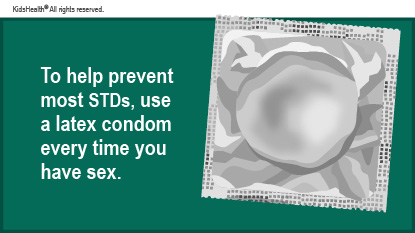Gonorrhea is a sexually transmitted disease (STD). STDs (also called sexually transmitted infections, or STIs) spread through sex with an infected person. It is important for you and your partners to get treatment with an antibiotic right away. Gonorrhea that isn't treated can cause long-lasting problems and spread to other people.


Treatment:
Follow up:



What are the signs of gonorrhea? Signs of gonorrhea include pain in the belly or back; fever; unusual discharge from the vagina, penis, or anus; and pain when peeing. Even if there are no signs of gonorrhea, treatment is needed to help prevent long-lasting problems and stop the infection from spreading to others.
How is gonorrhea diagnosed? To find out if someone has gonorrhea, health care providers might do tests on:
What happens if gonorrhea is not treated? If it's not treated, gonorrhea can lead to:
Can I get gonorrhea again? Yes. People can get gonorrhea again if their partners aren't treated with antibiotics or if they have sex with someone else who has gonorrhea.
How can I avoid getting another STD? The best way to avoid an STD is not to have sex (vaginal, oral, or anal). If you do have sex, you should: